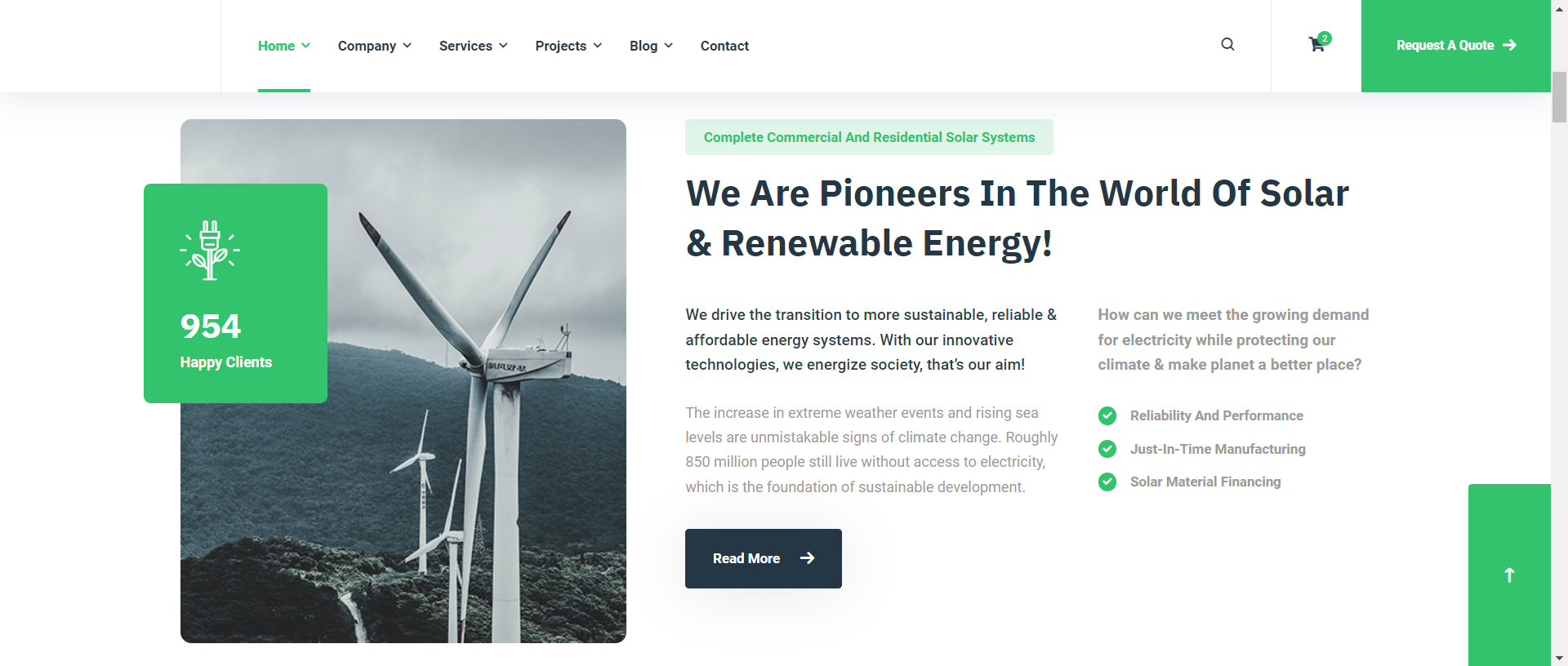


SOLAR CALCULATION PROJECT
A solar calculation project involves analyzing various factors and parameters to determine the feasibility and potential of implementing solar energy systems. It aims to estimate the energy production, cost savings, and environmental benefits associated with utilizing solar power.
Key components of a solar calculation project include:
1. Solar Resource Assessment: This involves assessing the amount of solar radiation available at the project site. Factors such as geographic location, weather patterns, shading, and tilt angles are considered to determine the solar energy potential.
2. System Sizing and Design: Based on the solar resource assessment and energy requirements, the project determines the appropriate size and configuration of the solar energy system. This includes selecting the type of solar panels, inverters, mounting structures, and other components necessary for efficient energy production.
3. Energy Production Estimation: By considering the solar resource assessment, system design, and performance characteristics of the solar panels, the project calculates the expected energy production over a specific period. This estimation is crucial for understanding the economic and environmental benefits of the solar system.
4. Financial Analysis: The project conducts a financial analysis to evaluate the economic viability of the solar energy system. It considers factors such as installation costs, payback period, return on investment, and potential incentives or tax benefits. This analysis helps stakeholders assess the financial feasibility and attractiveness of the project.
5. Environmental Impact Assessment: A solar calculation project also assesses the environmental benefits of utilizing solar power compared to conventional energy sources. It analyzes the reduction in greenhouse gas emissions, air pollution, and dependence on fossil fuels, contributing to a cleaner and more sustainable energy solution.
Overall, a solar calculation project provides crucial insights into the technical, financial, and environmental aspects of implementing solar energy systems. It helps decision-makers evaluate the feasibility, benefits, and potential challenges associated with adopting solar power, enabling informed and sustainable energy choices.
-
CLIENT
Client From UAEDATE
Dec 14, 2021SKILLS
React Native, Laravel, MYSQL

